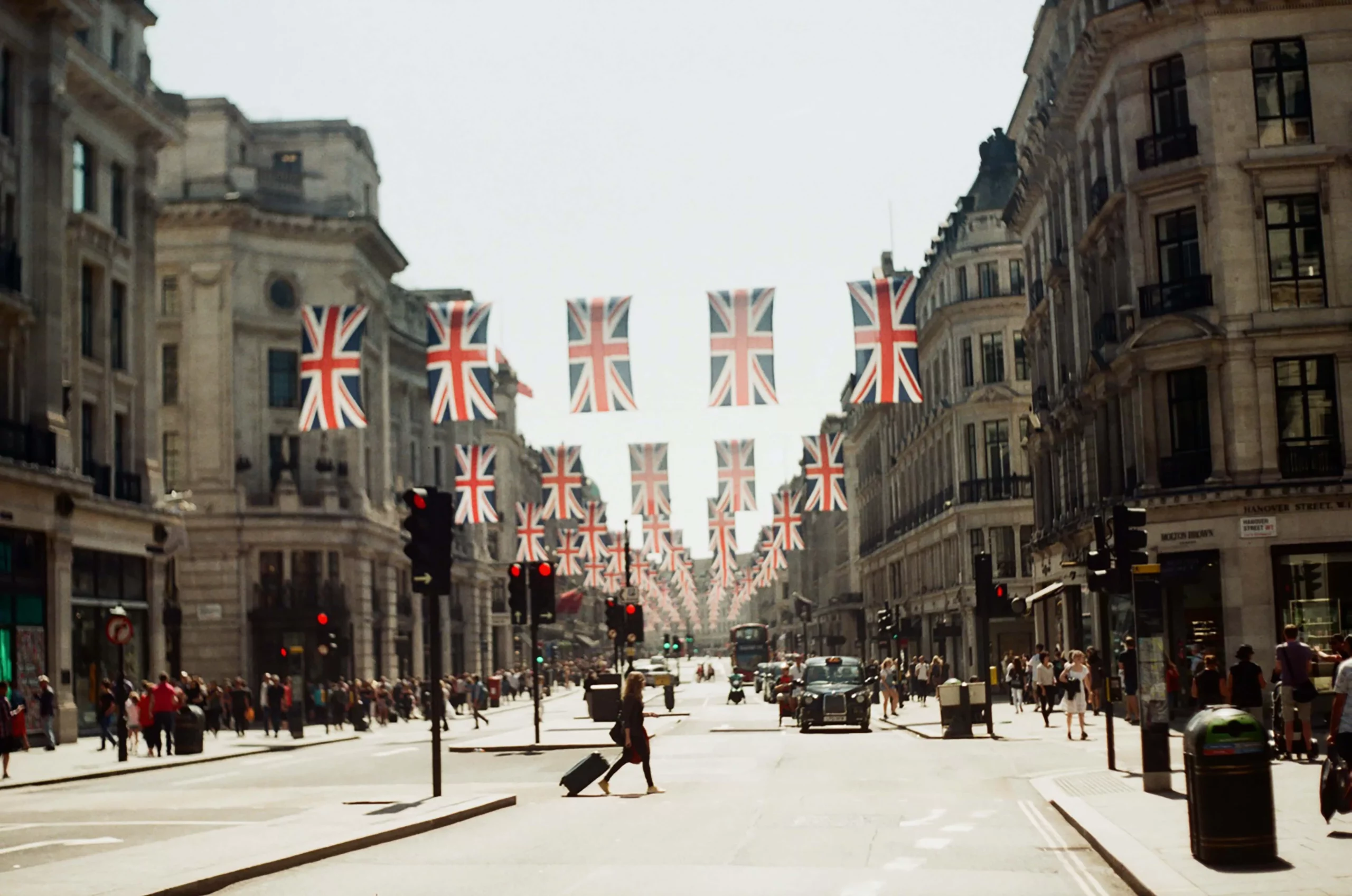Brexit Deal and Intellectual Property Rights – What’s Happening?
11 Jan 2021

With just a week to spare before Brexit, the UK and EU agreed on a Trade and Cooperation Agreement (TCA). The Agreement deals briefly with Intellectual Property Rights (IPRs) and how the UK may vary these from the current EU directives and regulations. What does this mean for your IPRs and your business?
Generally, the UK has committed to continuing to provide high standards of protection for, and enforcement of IPRs, in accordance with International Treaties. Some highlights:
Copyright
The TCA does not mandate greater protection than the UK currently offers under national law to authors and owners of copyrighted work, as most copyright laws are based on international treaties. However, interpretation of these laws may change over time as the English Courts cease to rely on decisions of the European Court of Justice (ECJ) and overturn national judgments that followed ECJ precedents. The UK is now entitled to extend protection afforded to owners and authors, for example, by providing a longer term of protection to performers or by adding/removing exceptions and limitations to copyright use by third parties. The parties’ collective management organisations intend to cooperate to ensure that copyrighted works are available in both the UK and the EU and there is distribution of collected revenue.
Registered Trade Marks
The TCA reconfirms the parties’ agreement to the basic definition of a trade mark, being a sign
(1) capable of distinguishing goods or services of one undertaking from those of other undertakings; and
(2) capable of being clearly represented on each respective trade mark registry.
Classification of goods and services will stay consistent with the Nice classification, used worldwide. As expected, the parties also agreed on the rights conferred to owners, grounds for opposition, registration procedure, and revocation grounds (when the marks are not used for five consecutive years). These agreements mirror the current regime and ensure that UK business owners can simply and effectively seek trade mark protection in other EU countries, and around the world.
Designs
As for trade marks, the rules for protection and enforcement of designs remain largely similar. A design will be granted protection if it has individual character, i.e. is original. Whilst the UK and the EU provide for slightly different protection to holders of unregistered designs, the parties have agreed on basic common rules largely based on the current EU rules, e.g. the owner of an unregistered design will be granted protection for at least three years from when the design was first made available to the public. It is open to the UK to grant protection of longer duration.
Patent and trade secrets
The UK will continue implementing the relevant Articles of the TRIPS Agreement. The period of protection for medicinal and plant protection products may be extended by the EU or UK, respectively, where these products are subject to an administrative authorisation procedure before being put on the market. The EU and UK have also agreed to continue providing judicial procedures and remedies to prevent and obtain redress for improper acquisition, use or disclosure of a trade secret.
Enforcement of IPRs; Border enforcement and Cooperation
The UK and EU will have independent judicial processes in place to ensure the enforcement of IPRs by rights holders, and the appropriate damages to impose. The TCA provides for mechanisms for the parties to cooperate and exchange information on IP issues of mutual interest. For example, where goods are under customs control, both parties have agreed to maintain procedures to enable rights holders to apply to detain goods suspected of infringing an IPR.
So what now?
We will continue to monitor changes to IPRs as the UK begins to adopt its own procedures in accordance with the TCA and the Withdrawal Agreement and updates will follow.
Article written by: Deborah Tastiel and Chavah Apfelbaum